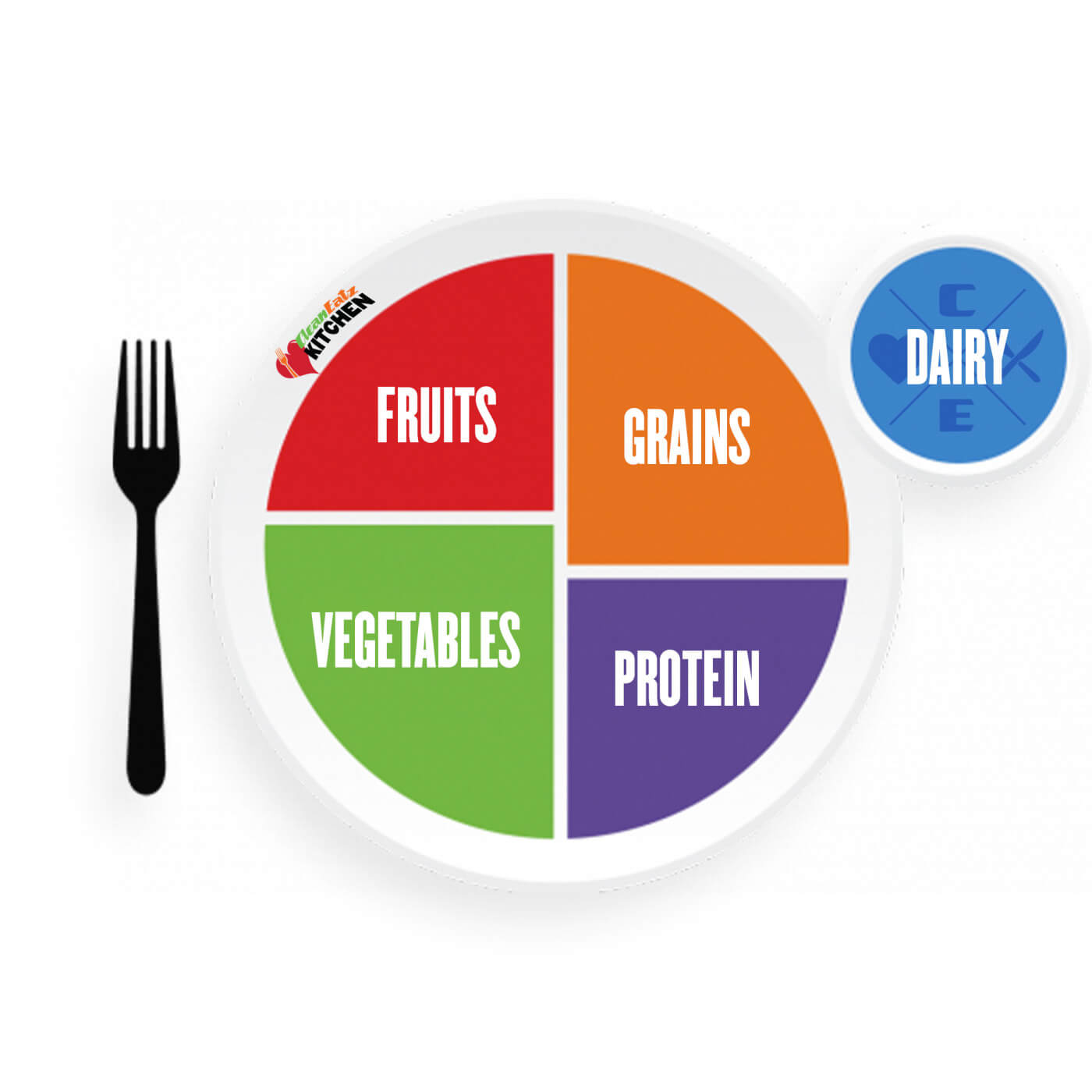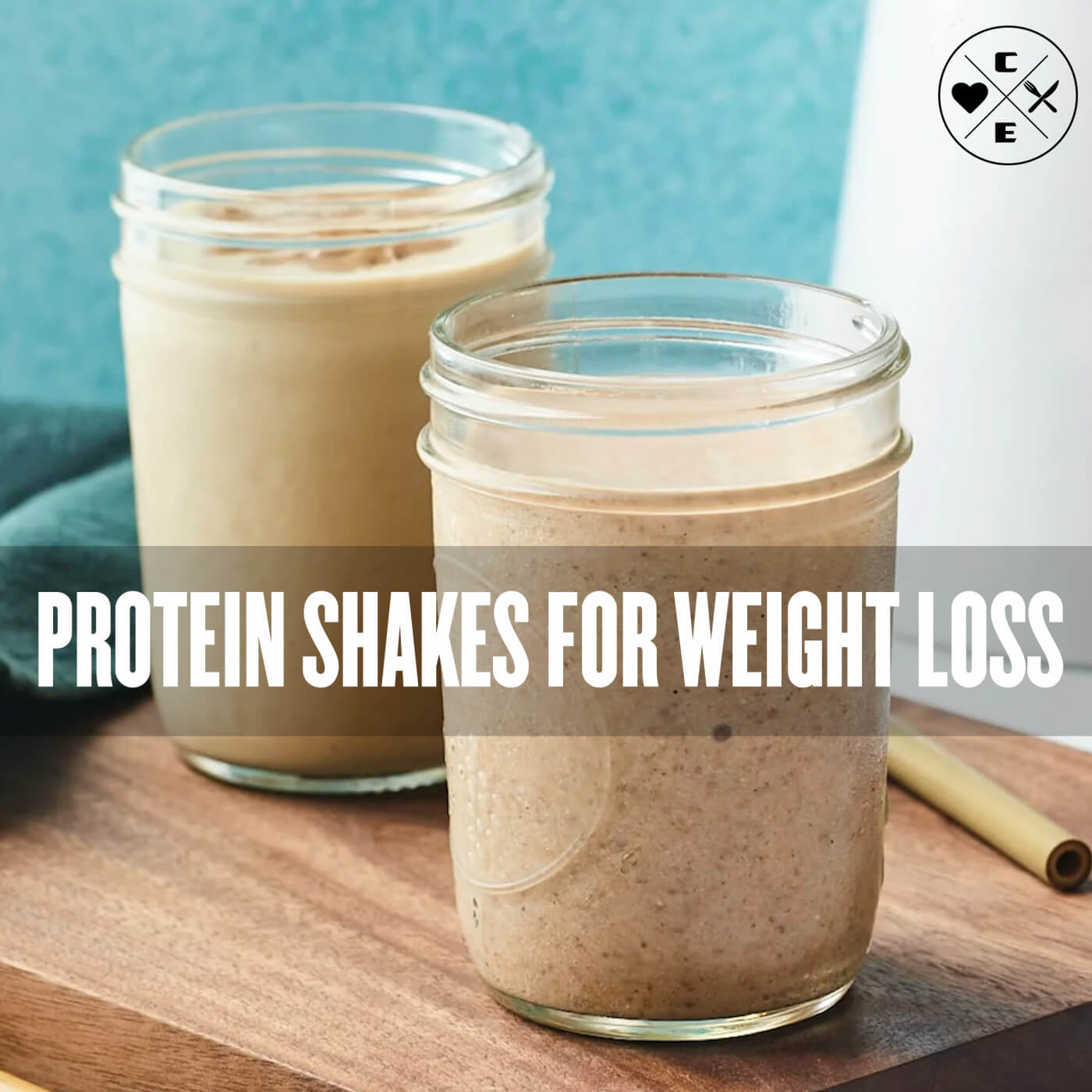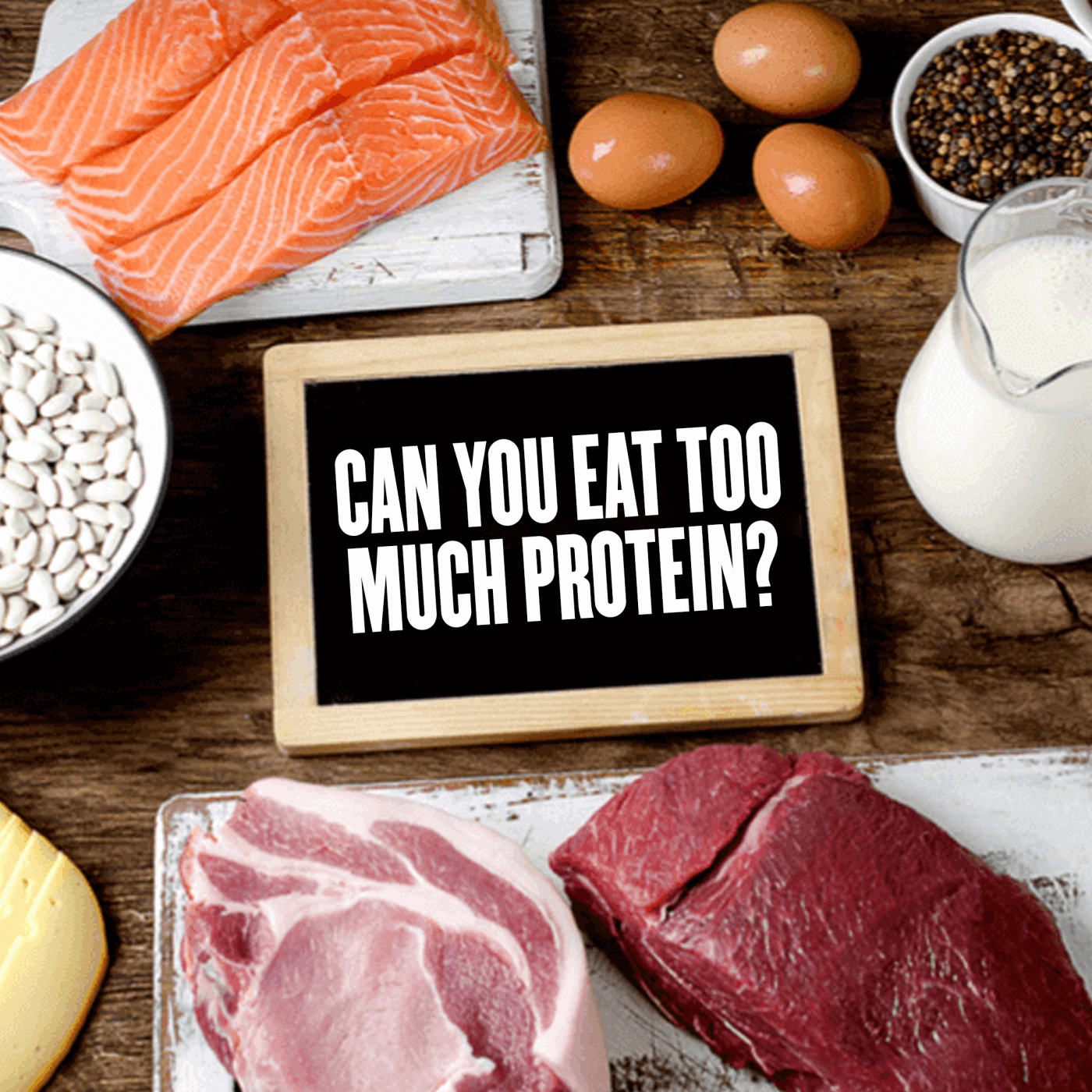
How Many Carbs Fats and Protein Should I Eat? Managing Nutrients
Jason Nista
Nutrition
|
Healthy Recipes
|
Weight Loss
|
Healthy Lifestyle
5 minute read
We have all heard the importance of eating more veggies, limiting fried foods, keeping track of daily consumption, and have asked ourselves, "How many carbs fats and protein should I eat?" at least once in our life. In this article we go into Harvard University's discoveries that showed 'the excellent meal plate' that should reflect variety and balance, harmonizing with the 5 nutrition principles.
What is Considered a Healthy Plate?
According to Harvard University, "the good food plate" or "the healthy plate" should require healthy, varied and balanced foods, that keep in mind the 5 pillars of nutrition:
What are the five guidelines of nutrition?
1. Sufficient: quantities that guarantee the energy and nutrient needs.
2. Varied: different foods at each meal use different culinary techniques.
3. Complete: the meal should contain all the macronutrients necessary for the proper functioning of the organism.
4. Balanced: there must be the correct contribution of macronutrients according to their daily needs or to the standard distribution.
5. Harmless: it does not imply health risks (pathogenic microorganisms or toxic contaminants).
The main message of the healthy plate is to focus on the quality of the diet.
These five guidelines should be applied to your daily reality, you do not have to eat 5 times a day as some people specify, that will depend on the situation in which you are and according to which is the best option in terms of mealtimes, you should not drink 8 glasses of water a day, these will be calculated according to your weight, likewise you may not stop eating fruit after five o'clock in the afternoon because it is "harmful".
Recommendations for a sustainable healthy diet
Make the majority of your meals vegetables and fruits - ½ of your plate: Try to incorporate color and variety, and remember that potatoes do not count as a vegetable on The Healthy Eating Plate because of their negative effect on blood sugar.
Choose whole grains - ¼ of your plate: Whole and intact grains - whole wheat, barley, wheat berries, quinoa, oats, brown rice, and foods prepared with these ingredients such as whole wheat pasta - have a more moderate effect on blood sugar and insulin than white bread, white rice, and other refined grains.
Protein value - ¼ of your plate: Fish, chicken, legumes (beans/legumes/legumes/beans), and nuts are healthy and versatile sources of protein - they can be tossed in salads, and pair well with vegetables on a plate. Limit red meat, and avoid processed meats such as bacon and sausage.
Healthy plant oils - in moderation: Choose healthy plant oils such as olive, canola, soybean, corn, sunflower, peanut, or others, and avoid partially hydrogenated oils, which contain unhealthy trans fats. Remember that "low fat" does not mean "healthy".
Drink water, coffee, or tea: Omit sugary drinks, limit milk and dairy products to one or two servings a day, and limit juice to one small glass a day, better eat whole fruit. you can drink infusions such as ginger tea, and chamomile tea as they are very good for inflammation, always prioritize water intake according to your weight and daily physical activity.
Stay active: Stay active is also important in weight management. Do strength exercises combined with cardio to increase muscle mass and improve endurance.
Remember to always adapt everything to your goals and daily lifestyle, that's why you should always count on a professional such as a dietitian or nutritionist to guide you on how you should eat, the amounts of proteins, carbohydrates, and fats that should go on your plate in a specific way, and together with Clean Eatz you can satisfy your requirements with the tasty healthy dishes offered.
Final Thoughts
The principles listed above place a strong emphasis on sufficiency, diversity, entirety, equilibrium, and safety. A healthful plate places a strong emphasis on choosing high-quality foods. The recommendations include prioritizing fruits and vegetables, choosing lean proteins, and utilizing healthy plant oils in moderation. Getting advice from professionals like dietitians or nutritionists might help you tailor your diet.
FAQ
How can consulting experts like nutritionists or dietitians help in developing a better customized food plan?
When developing a plan for you, nutritionists and dietitians consider your unique health objectives, dietary preferences, medical history, and lifestyle. They assist you in determining the proper serving amounts to prevent overeating and malnourishment.
What are the most important things to consider when choosing how many meals a day are right for you?
The appropriate amount of meals per day must be carefully chosen, taking into account a variety of aspects to suit your interests and way of life. Determine your energy needs first, taking into account your age, gender, amount of activity, and general health. Assess your hunger levels between meals and pay attention to how your body reacts.
How does one calculate the right amount of water to drink in a day depending on weight and level of activity?
A straightforward but efficient method must be used to determine the ideal daily water intake depending on weight and level of exercise. Starting with your weight in mind, aim to drink 0.5 to 1 ounces of water per pound of body weight. For instance, if you weigh 150 pounds, your daily water intake should be between 75 and 150 ounces.
What's the importance of using different cooking methods when creating a balanced plate?
It is important to use several cooking techniques when creating a balanced meal. First of all, some approaches preserve more nutrients than high-heat methods in terms of food nutrient retention. Also, they give foods a variety of flavors and textures, enhancing the sensory experience. Utilizing a variety of cooking methods promotes a wider intake of nutrients.
Related Articles
Are Protein Shakes Good For Weight Loss?
12 minute read
Protein Consumption: Finding the Right Balance
12 minute read
How Many Calories Should I Eat a Day?
8 minute read



